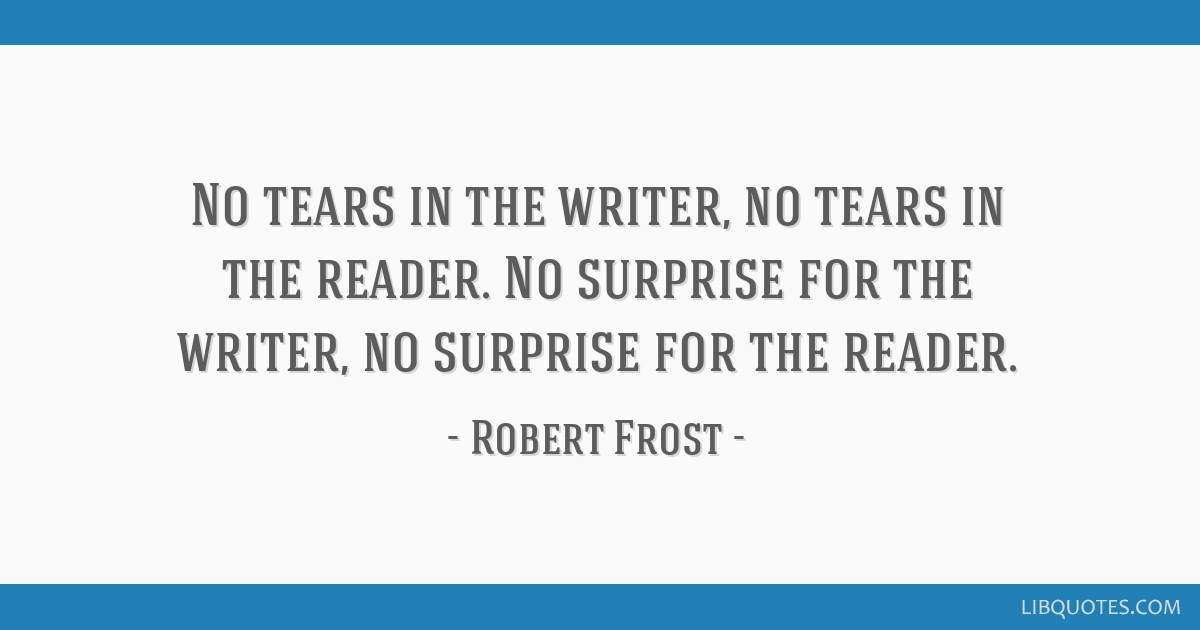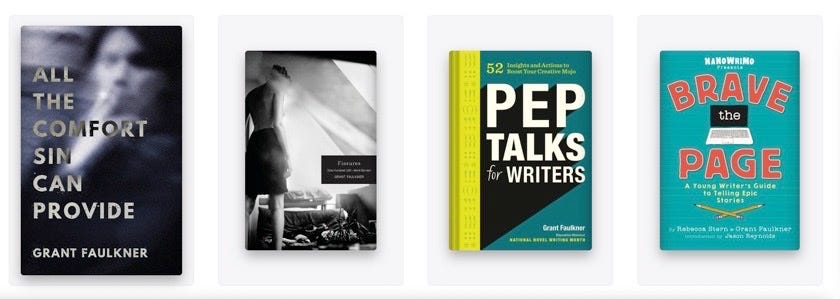Each week until the end of National Novel Writing Month in November, I’m going to write about a different creativity topic related to how to succeed in NaNoWriMo. If you’re not doing NaNoWriMo, don’t worry: all of the topics should relate to any creative project.
Here are the first pieces in the series:
I’m often asked whether a writer should plan their novel, or how they should plan their novel, or, if they plan their novel, how much they should plan their novel, and many other questions about planning, pantsing (writing by the seat of your pants), and “plantsing” (somewhere in between planning and pantsing).
It’s a discussion, an argument, a meditation that a writer tends to have with themselves over the course of a lifetime. It strikes at the heart of an existential, metaphysical, psychological question about how to best create.
The mind versus the heart. The head versus the gut. Intuition and logic have been waging a war since the beginning of time. It’s as if they reside on different sides of the brain, both of them lined up, holding spears in their hands, distrust glaring in their eyes.
There’s intuition—a mysterious and bewitching force that springs up magically and spins a seductive spell that earnest and hardworking logic quickly tries to trouble. Logic prefers things to be visible, tangible, and provable. Logic loves its algorithms and outlines, its diagrams of how point A leads to point B, so it’s only natural that it distrusts the seeming ease with which intuition slides into the world and proclaims answers—without even deigning to show its equations.
It’s an interesting battle, because as our world becomes more data-driven and scientifically determined, as “best practices” govern our classrooms and our workplaces, the mystical forces of intuition have become relegated more and more to a secondary status.
Intuition is for new-age types. We’re told not to pay attention to our tingling Spidey sense that’s so alert and ready to lead us through this confusing world, but to instead hew to a logical plan. A writer should study the rules of craft. A story should form itself around the logic and pacing of a three-act structure. A novel should follow an outline that includes character reversals and plot pivots, all carefully calculated and calibrated.
There’s a lot to be said for logic and craft and outlines, of course, but if you talk to most writers and artists, they’ll tell you that intuition guides their art as much or more than logic. Some might not give logic any place at all.
Our stories should guide us toward the things we don’t know yet.
That gut feeling of intuition is a powerful, undeniable force, rising up from the deep pools of imagination and emotion. It places you in a narrative you aren’t really in charge of, stretching back through the patterns of your thoughts, experiences, and emotions to the very beginning.
You know something—yet you don’t know how you know it. Intuition is a tingling, a tickle, a whisper, a pulse. It’s a gesture, a reaching out to connect your primal spiritual soul with the objective world. It’s an epiphany that represents the essence of things.
“Part of writing a novel is being willing to leap into the blackness,” says the novelist Chang-Rae Lee. “It's like spelunking. You kind of create the right path for yourself. But, boy, are there so many points at which you think, absolutely, I'm going down the wrong hole here.”
The aesthetic of every story always includes elements of the mystical, the unknown. I view intuition as essentially the ink in your pen, the bloodline of your story. Its wondrous frissons can feel like magic, spawned from an inner incense wafting through your mind. As you write, your characters increasingly take on a life of their own, and if you give yourself the space to respond authentically to your story, you can begin to feel as if the story is moving with a will of its own.
We tell stories to move beyond the real world—to a higher and different truth—and it’s that truth that intuition knows and needs to express. So it’s important that you not only recognize your intuition, but that you attune your senses to it.
We’re so trained in logic, however, that our brains can easily favor it. Logic is used to sitting in the front seats of our minds and raising its hand energetically to get called on first. It’s been told it’s best throughout years of schooling. (Have you ever taken a class in intuition, or heard a math or science teacher espouse the merits of intuition?)
I have to write in pursuit of the answer, as if I’m smelling scents in a forest.
We think logic will nullify mistakes, give us greater efficiency, simply because it gives us the feeling of control. Life is increasingly structured around elbowing out intuition, if not smothering it. “The intuitive mind is a sacred gift and the rational mind a faithful servant. We have created a society that honors the servant and has forgotten the gift,” said Einstein.
Our stories guide us toward the things we don’t know yet. It’s as if we’re walking through a dark room, arms outstretched to try not to bump into anything, but drawing on all our senses to feel the world in a previously unknown way.
Our emotions weave through our intuition, guiding and prodding it so stealthily in the background. Sometimes the critical thinking powers of the intellect seem more solid, more trustworthy, but every emotion is a judgment, an evaluation of some kind, and deserves equal standing.
I’m not writing this to be critical of planning, but to keep any planning you do in proper balance. As Walter Dean Myers said in a NaNoWriMo pep talk, “Planning a book does not limit your creativity. When I take the time to plan a book, I'm exploring whether or not I really have a book idea in the first place.”
Planning can be about exploration. Planning can be about asking the questions. Planning can be about creating mystery. Planning can open the door to your intuition.
That’s the key for me: I only plan a novel to the extent that I know its direction, but not its answers. I have to write in pursuit of the answer, as if I’m smelling scents in a forest.
As tempted as you are to think your stories all the way through ahead of time, remember that overthinking can smother the imagination. Instead, practice engaging in those moments of mystery—when you’re vulnerable, when the unknown beckons.
Don’t worry if you feel irrational. Don’t worry if your impulse is to transgress the rules of craft. The words spooling on the page are forming a story as you write them. Trust in what they will reveal. You learn how to write your story by writing your story.
In the end, your intuition and logic shouldn’t be at odds, but rather creating together in their own special harmony. The timbre of their voices is quite different, but when they’re in tune, a story truly sings.
This week’s NaNoWriMo homework
Ponder Blaise Pascal’s quote, “The heart has its reasons of which reason knows not.” What meaning does this have for you in your life? How has the ineffable struck you? When do you follow mystery?
Think—but don’t overthink—how the wafts of mystery affect the characters in your story. What can’t be understood logically in your story? Why? How does this influence your characters’ actions? How does it influence your narrative decisions as an author?
A quote to keep in mind
This is one of my favorites. It’s important to be open to surprise in writing a story so to find those notes of surprise on the page.
Because I’d love you to read one of my books
I write this newsletter for many reasons, but mainly just for the joy of being read and having conversations with readers. This newsletter is free, and I want it to always be free, so the best way to support my work is to buy my books or hire me to speak.
Because more about me
I am the executive director of National Novel Writing Month, the co-founder of 100 Word Story, and an Executive Producer of the upcoming TV show America’s Next Great Author. I am the author of a bunch of books and the co-host of the podcast Write-minded.
My essays on creative writing have appeared in The New York Times, Poets & Writers, Lit Hub, Writer’s Digest, and The Writer.
For more, go to grantfaulkner.com, or follow me on Twitter or Instagram.








